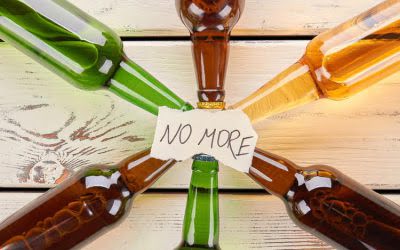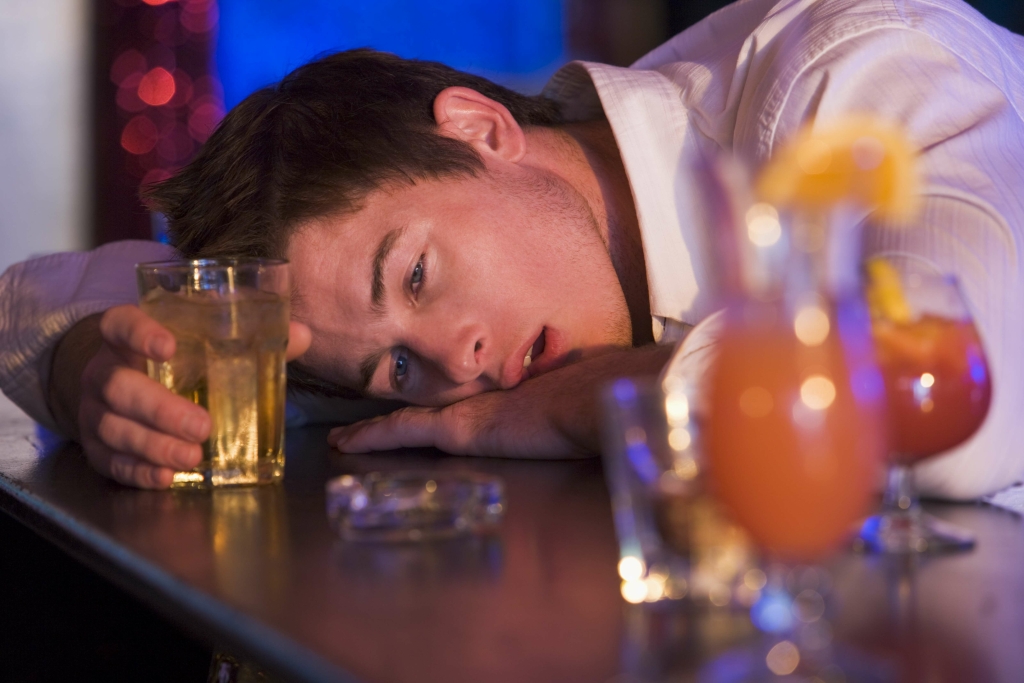Wine, especially dry varieties, can be a lower-calorie choice compared to sugary cocktails or heavy beers. This does alcohol make you gain weight makes it a potentially smarter option for those watching their weight. Your social anxiety isn’t the only thing that alcohol inhibits. Intake of alcoholic beverages can also inhibit proper digestive function. Sleep deprivation, whether from lack of sleep or impaired sleep, can lead to an imbalance in the hormones related to hunger, satiety, and energy storage.

Health & Wellness
Her main complain to me was that, without fail, she will stop on her way home to buy some chocolate and get herself pizza too every time after the drinking session. Alcohol makes us choose the wrong foodsThe issue of alcohol enabling us make wrong food choices stems from the neuronal stimulation I talked about earlier. One more experiment performed on mice that had been given wine over 3 days seeks to find a neurological explanation for how alcohol stimulates hunger and appetite, making us eat more. One conclusion from that study was that alcohol increased rated appetite once the women tasted the food suggesting alcohol does enhance the perceived reward from food. The implication of all of these is that; you actually consume a lot of calories from your alcoholic beverage more than you think. We are talking sugars and fats as you will find with creamy drinks like Bailey’s original Irish cream.
Alcohol may Affect the Absorption of Nutrients and Digestion:
Usually, cortisol helps your body respond to stress by increasing blood pressure and heart rate. Because there’s the popular belief that if you drink coffee with your alcohol, you won’t get drunk easily. Not only is this not true, it is actually a dangerous thing to do as the FDA has warned. Once alcohol stimulates these Agrp cells in the hypothalamus, a short-circuiting neuronal pathway is activated making us to eat, and overeat, regardless of whether we are full or not.

Does Drinking Alcohol Prevent You From Losing Weight?
As your body is changing the way in which it stores energy from food and drink, it can make losing weight harder. Yes, sugar alcohols are generally considered safe for individuals with diabetes as they have minimal impact on blood sugar levels. Diet culture has long vilified alcohol as a major contributor to weight gain. This is one of the reasons sales of spiked seltzers, with their relatively low calorie counts, have increased so dramatically in recent years. But while alcohol is not exactly a health elixir, when it comes to its impact on weight, it’s not a guilty pleasure we should feel all that guilty about.
- Therefore, reducing alcohol intake and choosing low-calorie alcoholic drinks can help to mitigate the impact of alcohol on weight loss.
- Still, some people who quit drinking are surprised to find that they actually GAIN weight, which can be frustrating and confusing.
- The liver also plays a role in the metabolism of fats, carbohydrates, and proteins.
- You do not have to give up alcohol entirely to create a calorie deficit.
- Chardonnay wine contains around 600 to 620 calories per 750 milliliters.
- Further, studies show that alcohol temporarily inhibits «lipid oxidation» — in other words, when alcohol is in your system, it’s harder for your body to burn fat that’s already there.
Low-calorie alcoholic drinks or beverages may contain sugar alcohols. With the ever-increasing demand for healthier food alternatives, sugar alcohols have gained popularity as a sweetener option. Many people turn to these sugar substitutes to reduce their calorie intake and manage their weight.
- This indicates that beer drinking doesn’t specifically put weight on your belly.
- To some extent, the type of alcohol you consume will have an impact on potential weight gain.
- So, Chaturvedi mentioned that wine might be the healthiest option amongst the options available.
- Sleep deprivation, whether from lack of sleep or impaired sleep, can lead to an imbalance in the hormones related to hunger, satiety, and energy storage.
Research suggests that alcohol can lead to increased periods of wakefulness during sleep cycles. However, the effects of alcohol surpass even social drinking Drug rehabilitation etiquette. Here are eight ways alcohol can impede your weight loss and what you should drink instead. Alcohol is known to inhibit the release of testosterone, especially in men. While this can result in decreased libido and problems sustaining an erection, decreased testosterone is also known to contribute to weight gain.
Pilot’s Weight Reset Program delivers a multi-pronged approach to weight loss. You can definitely enjoy treats from time to time, but if you want to lose weight, it helps to be mindful of how many you have and how often you consume them. Not only will this aid in preventing a hangover the next morning, but it’ll also help you pace yourself while you’re drinking. Over the course of the night, this could mean consuming fewer bevvies and fewer calories.
This means that they provide your body with calories but contain very little nutrients. However, if you are someone who is really looking to lose those extra pounds, it is advised that you enjoy an alcoholic beverage no more than 1-2 times a week. According to a study published last year in JAMA Psychiatry, more Americans are drinking alcohol than before, and they are drinking greater amounts than before (see abstract). Alcohol can affect weight loss by hindering muscle growth and recovery.
Heavy drinking may activate hormones that signal appetite, hunger, and stress. Alcohol is also high in calories but lacks nutrients supporting good health. In contrast, light-to-moderate alcohol consumption does not cause weight gain. Quitting alcohol often means cutting down on extra calories from alcoholic drinks, which are notorious for their high-calorie content. By eliminating these empty calories, you reduce your overall calorie intake, aiding in weight loss and, specifically, reducing abdominal fat.